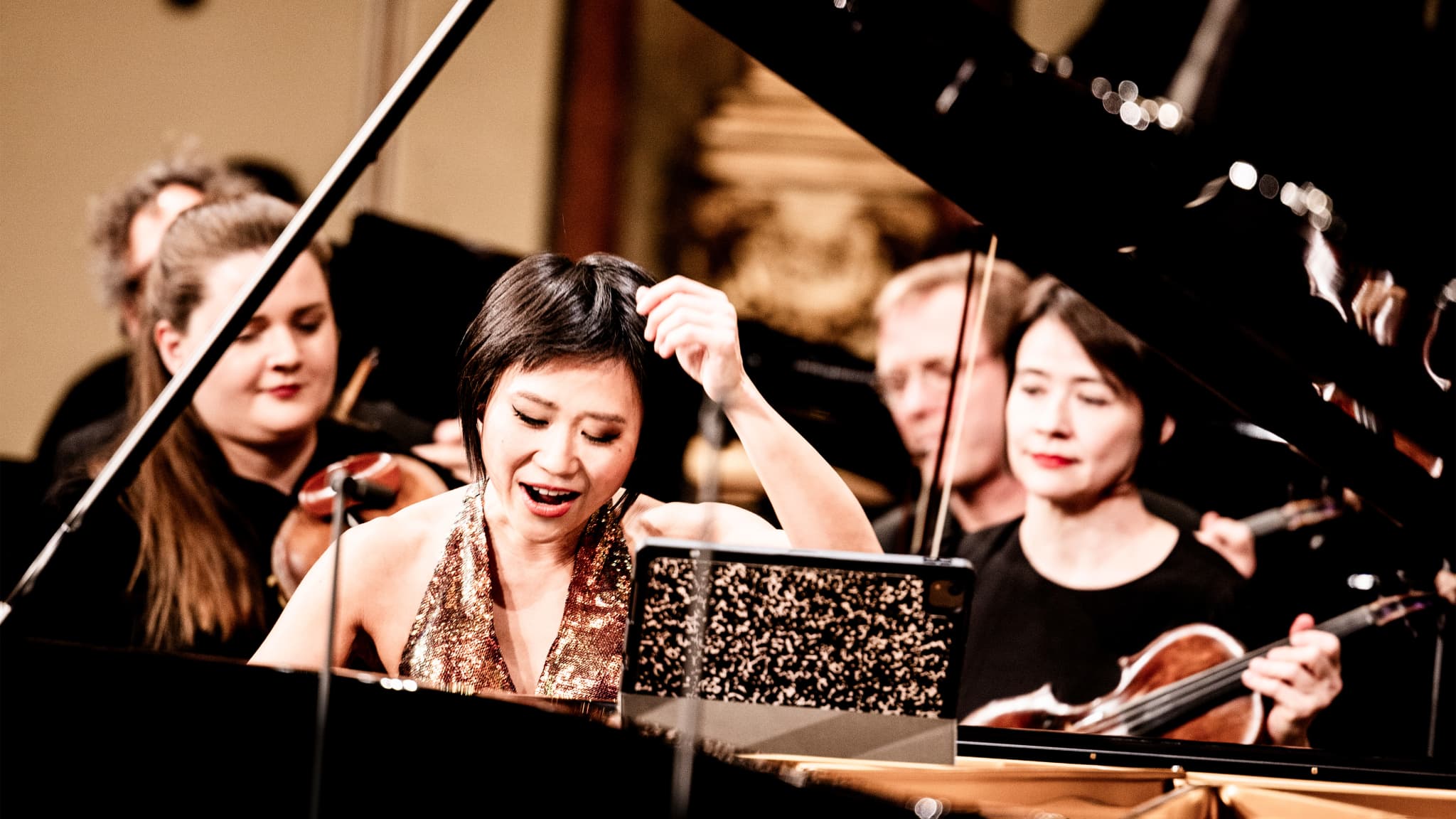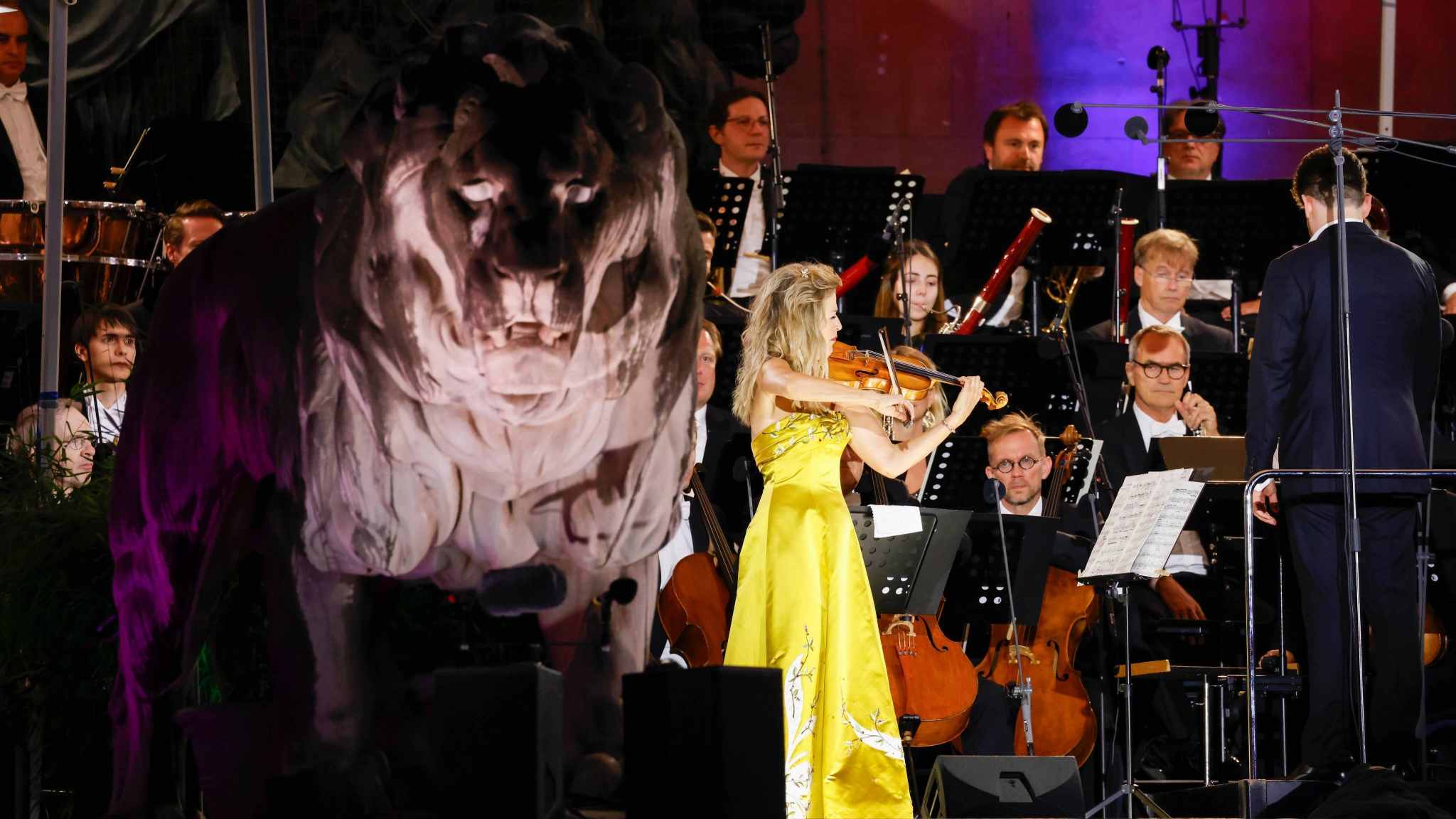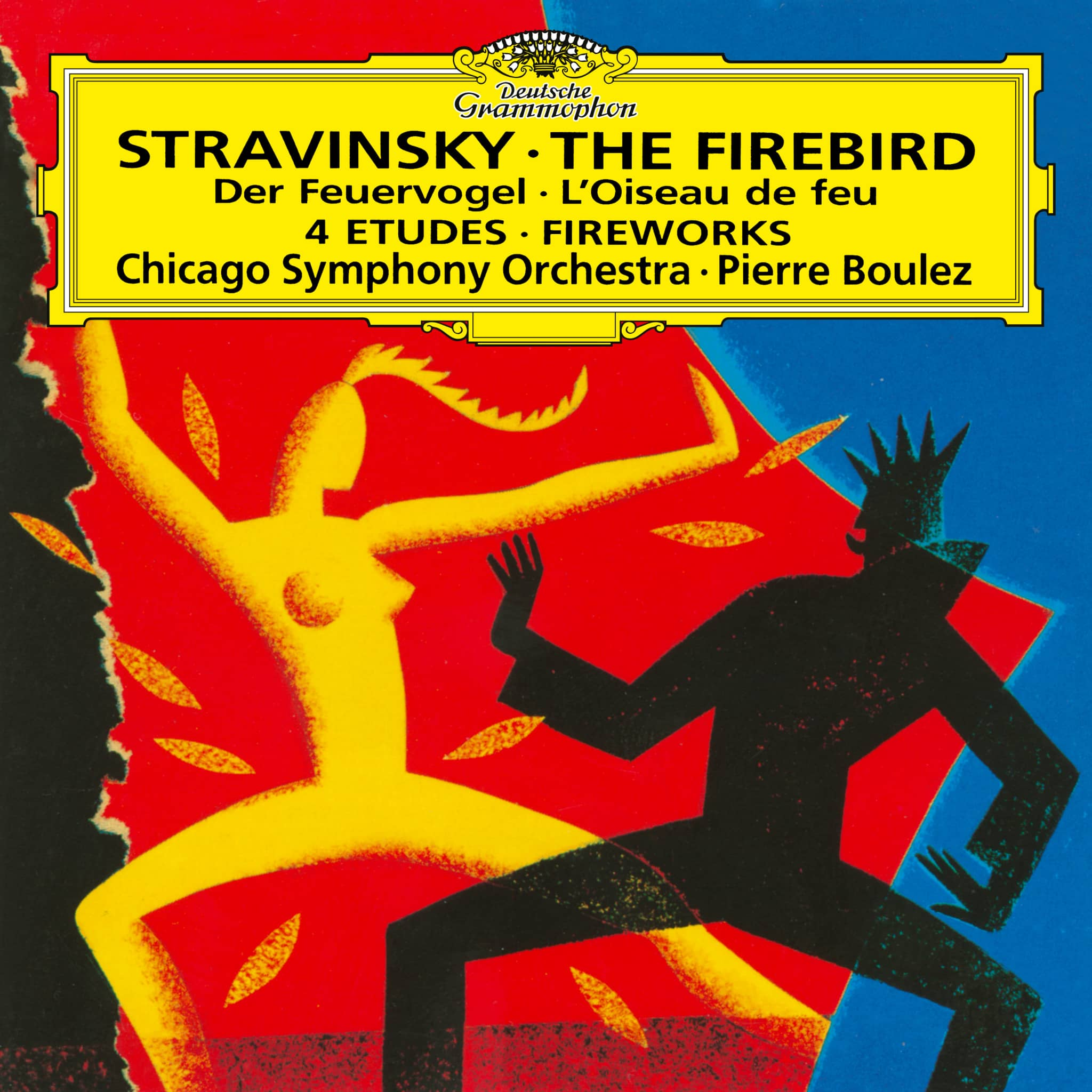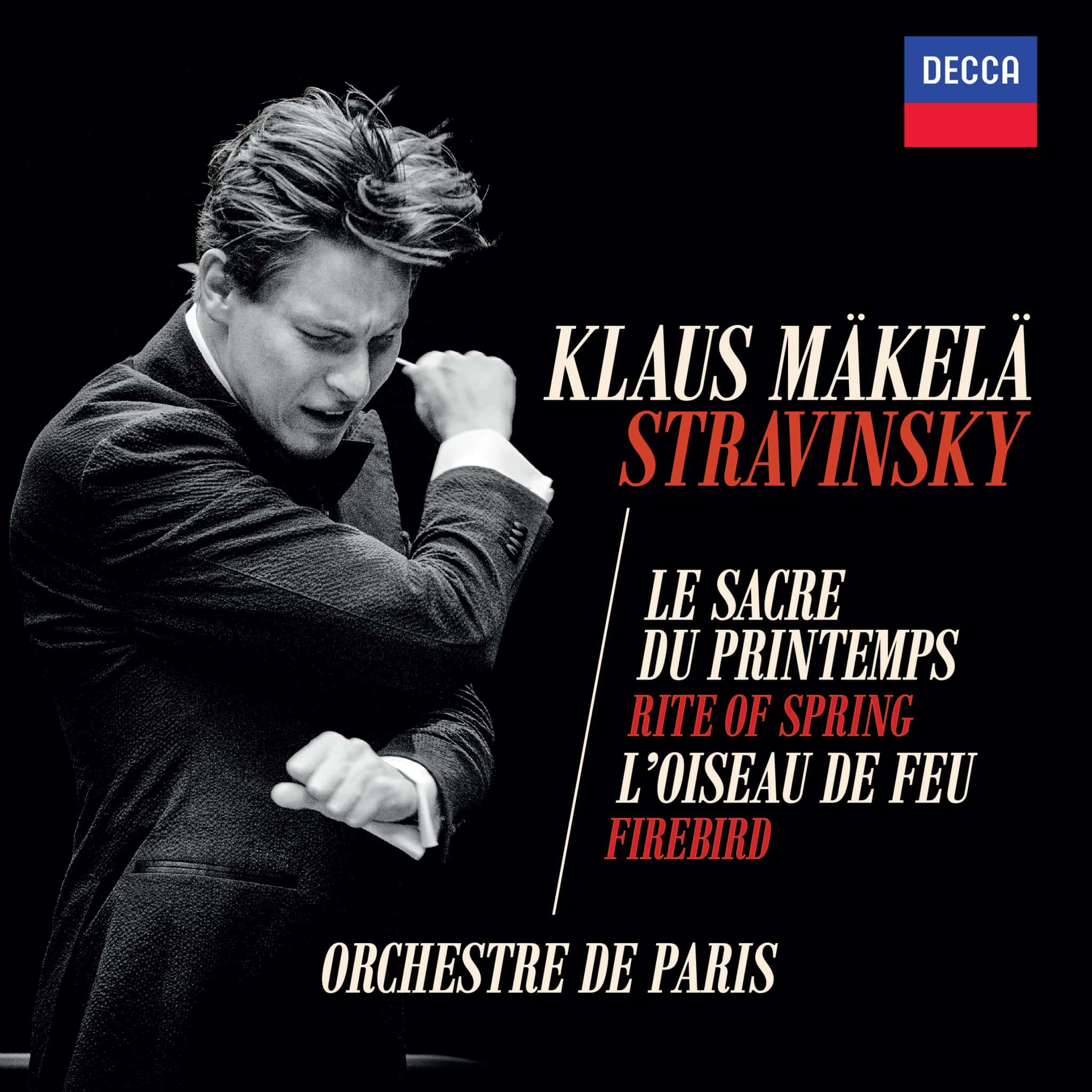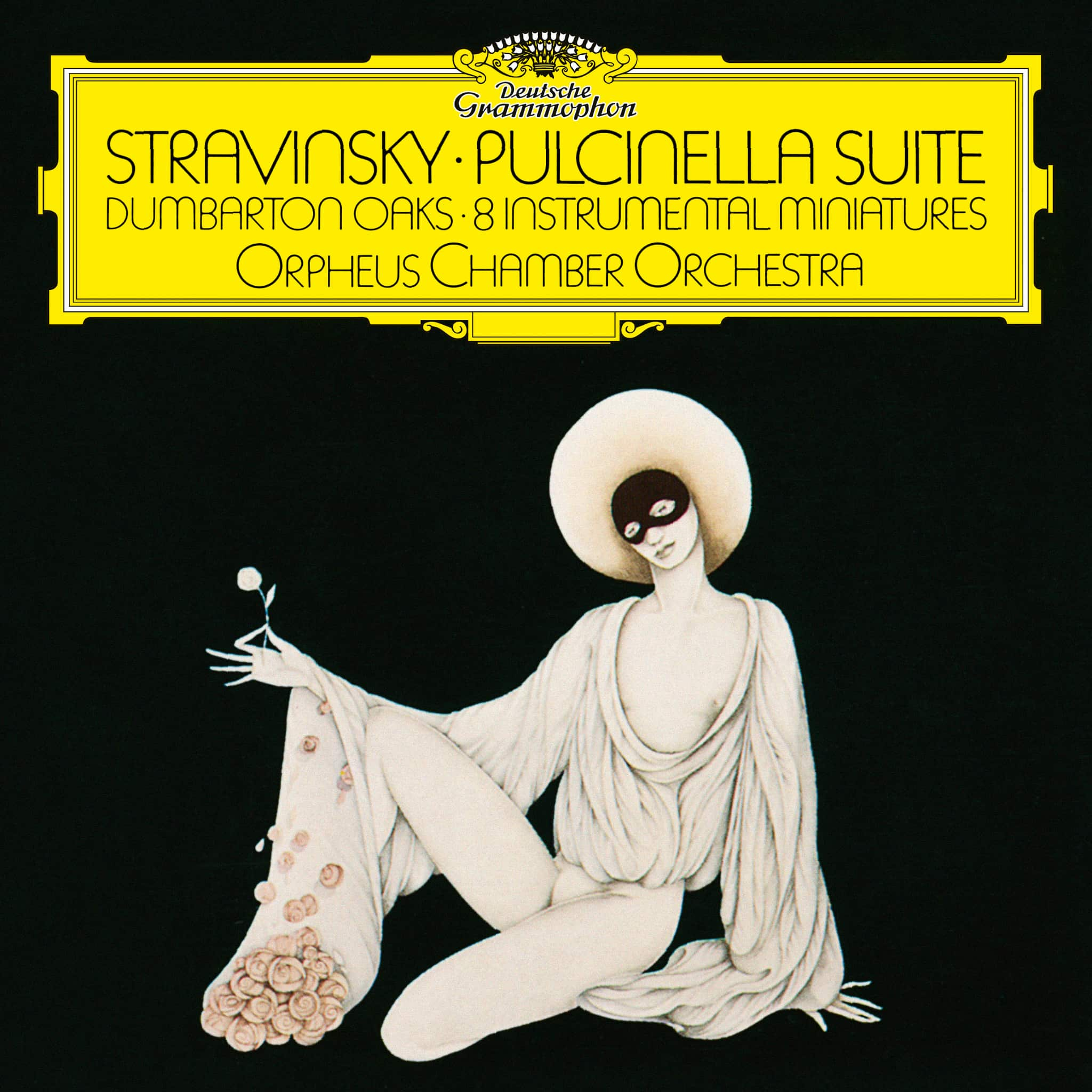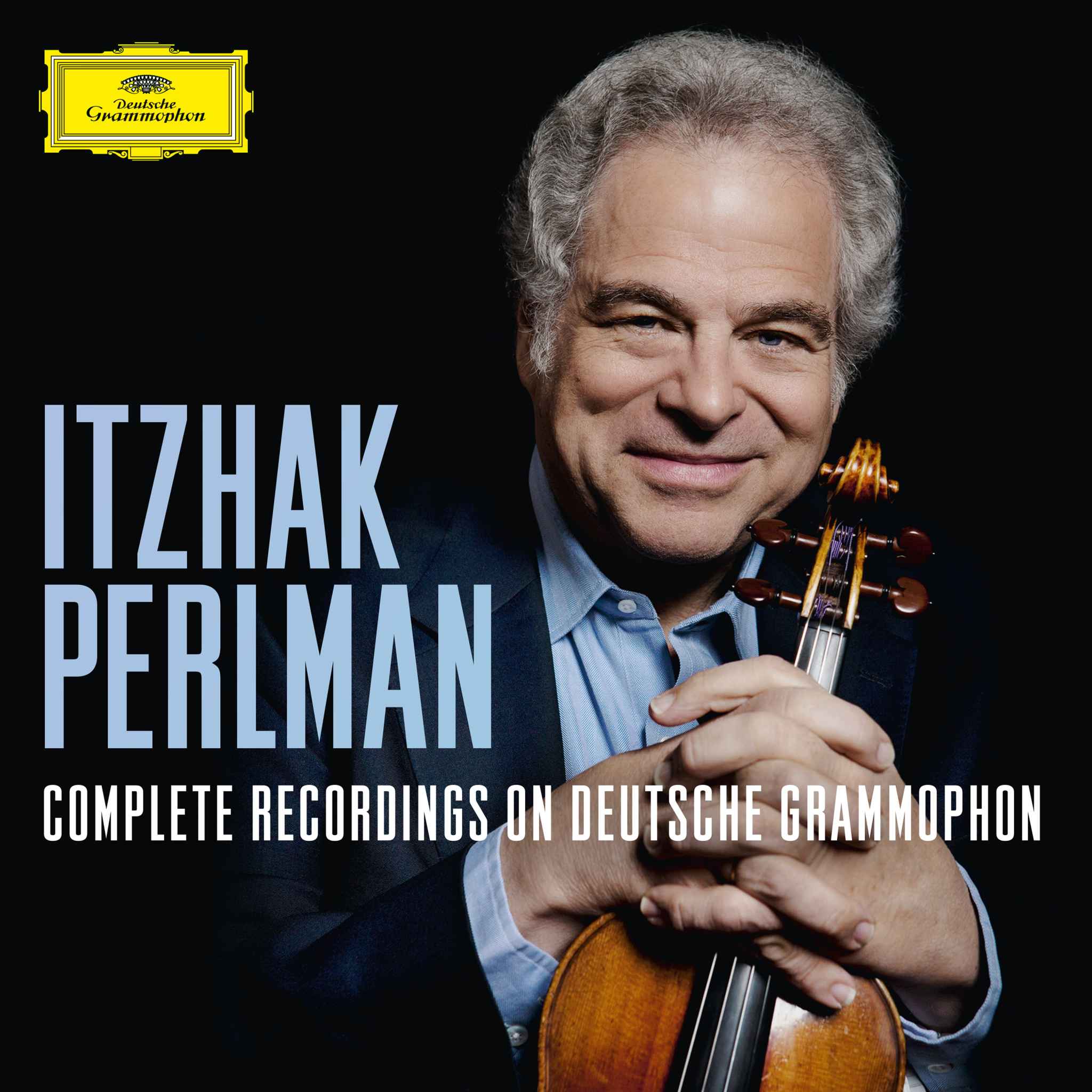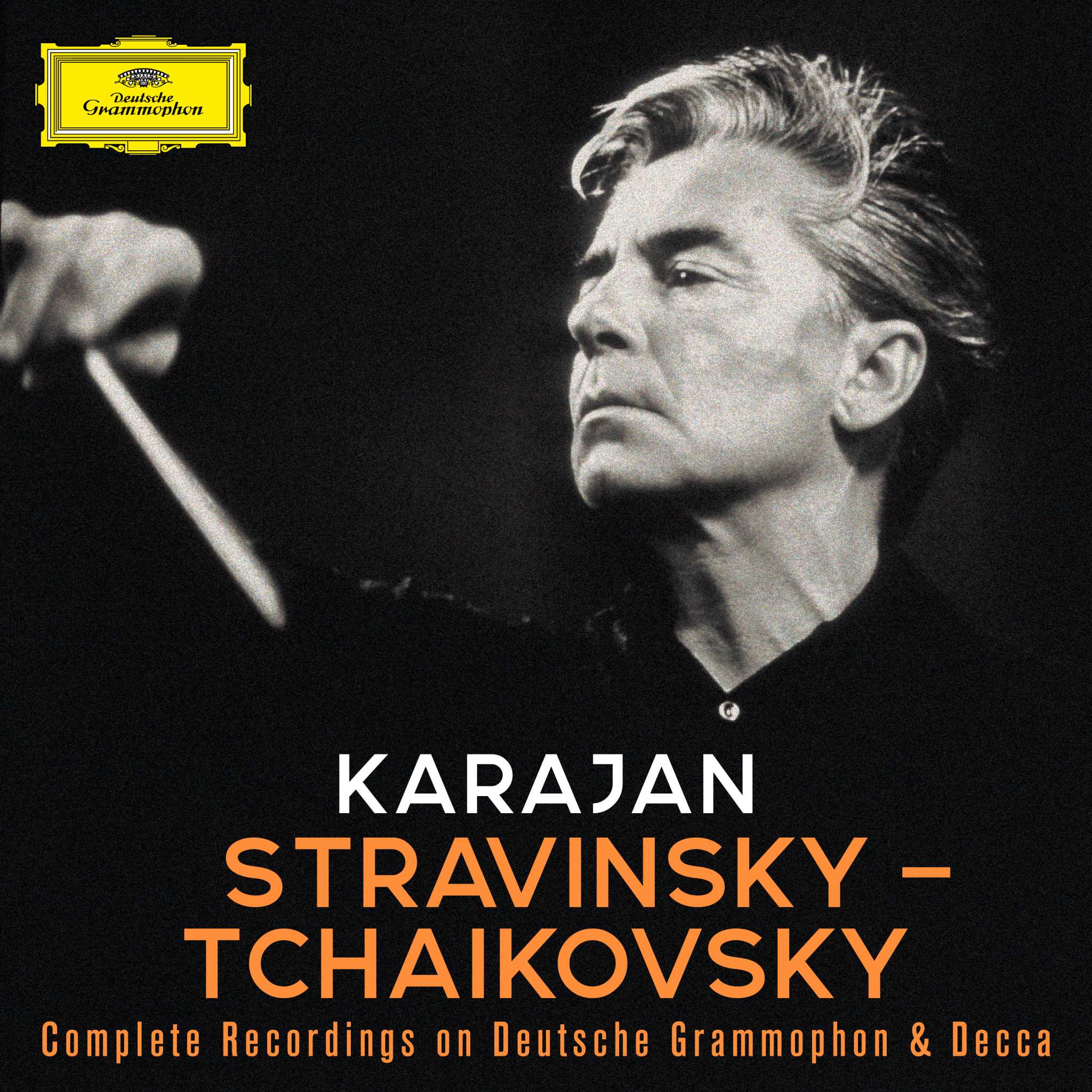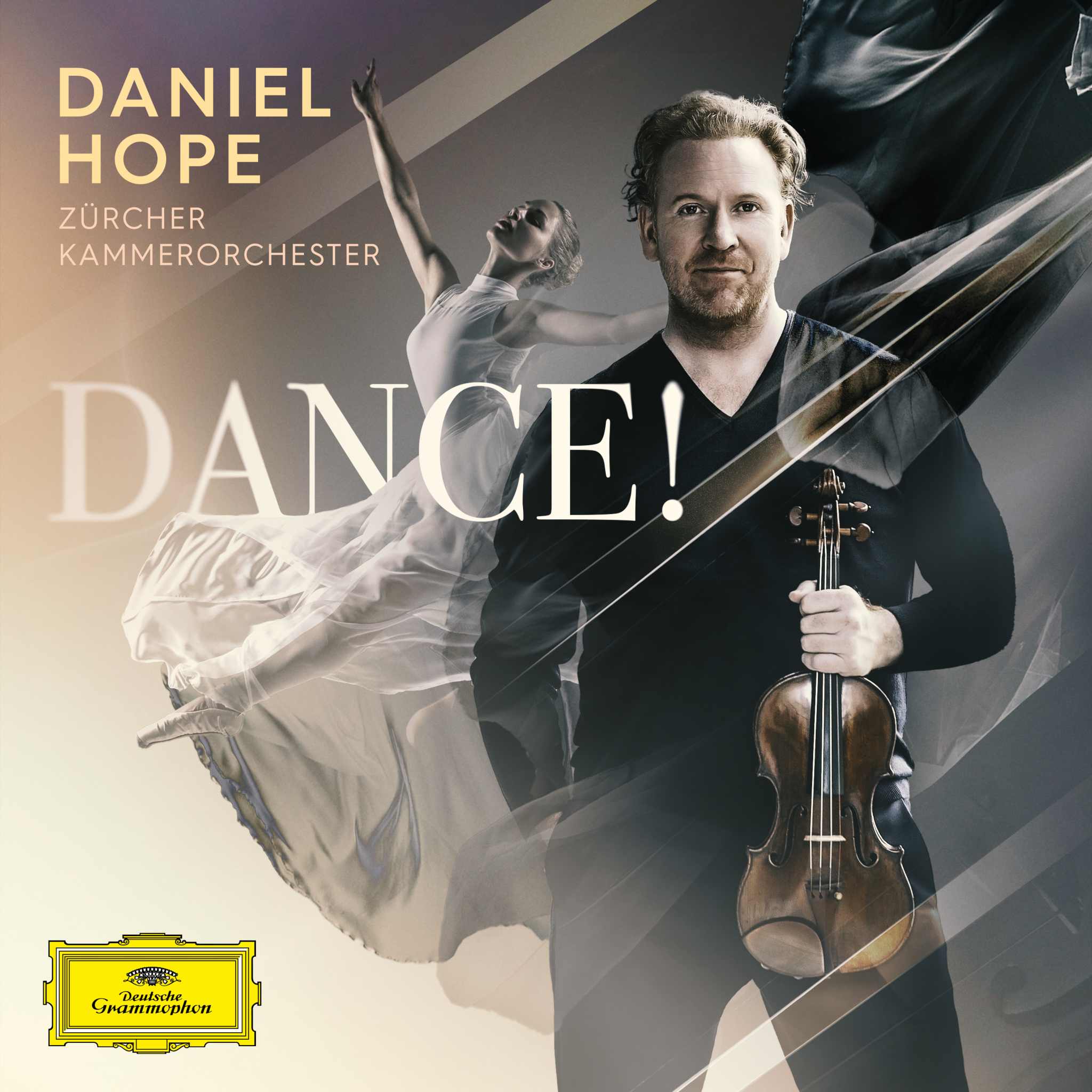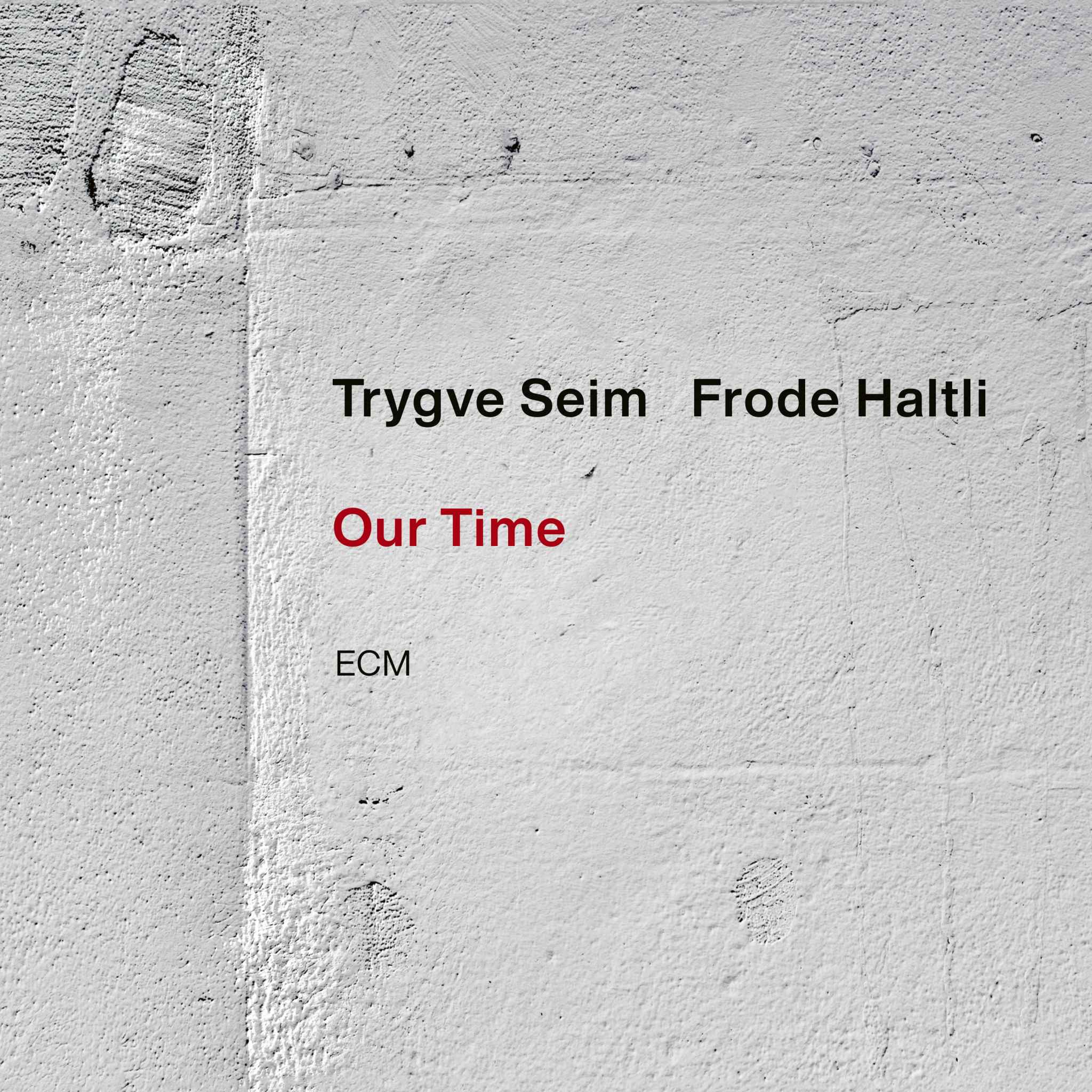AboutIgor Stravinsky
Stravinsky only began to seriously engage with composition as a 20-year-old law student. A friend and fellow student of Stravinsky's, the son of Rimsky-Korsakov, arranged a meeting for him with the famous Russian master, who subsequently became his most important teacher. In 1910, Stravinsky achieved his first success with *The Firebird*, a commissioned work written for Diaghilev's Ballets Russes in Paris, whose rhythm, harmony, and instrumentation displayed astonishing originality. The ballet established Stravinsky's international career but also marked the beginning of his lifelong exile, which he initially felt compelled to undertake for professional reasons and later due to the First World War and the establishment of the Bolshevik regime in Russia. The 1911 Paris premiere of *Petrushka*, another ballet commissioned by Diaghilev, enhanced Stravinsky's reputation, but it was the revolutionary *Le Sacre du printemps* (The Rite of Spring), premiered in 1913, that would decisively influence the course of music history. This was followed by an astonishingly varied series of masterpieces, encompassing almost all significant musical genres and styles of the first half of the 20th century. Stravinsky also frequently performed as an interpreter, both at the piano and as a conductor of his own works.




